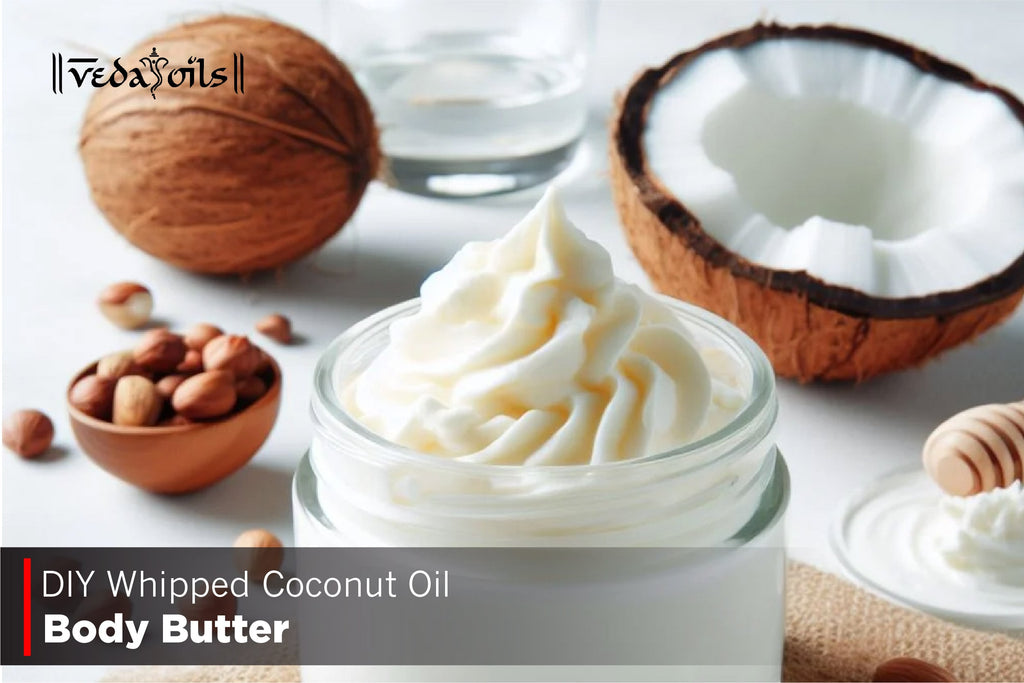Lavender, scientifically known as Lavandula Angustifolia, has a pleasant, flowery aroma that may quickly relax, settle, and generate a sense of harmony and well-being in you. This flower was adored by Queen Elizabeth, who used it in her tea and fragrances. During the First World War, the oil was even used as an antibacterial! But did you know that utilising lavender oil for hair health has a lot of advantages?

For decades, Lavender Oil has been widely utilised in hair treatments. The anti-inflammatory, antibacterial, and anxiolytic qualities of lavender oil help to promote hair health. You can use Lavender Essential Oil for Hair Problems as well as to protect deep hair follicles from dying and offers deep nutrition to the hair. It also shields hair from the effects of the sun and heat.
Benefits of Using Lavender Oil For Hair Growth
The flowery and calming aroma of lavender is well-known hugely loved. The flower has various hair, bodily, and mental advantages in addition to its lovely relaxing perfume. We've created a list of the top hair advantages of lavender essential oil for hair problems -
Hair Growth
The usage of lavender oil for hair growth has lately gained popularity. Hair thickening, hair development, and hair loss prevention are all benefits of the oil. It also aids in hair conditioning, frizz control, and shine enhancement. Even alopecia or pattern baldness can be helped with lavender oil.
Head Lice

Head lice are a bothersome and an inconvenient disease. Do you know that lavender essential oil can help you get rid of head lice and keep them away in the future? Yes, lavender oil can help you avoid getting lice. To get the best effects, combine Tea Tree oil with Lavender oil.
Prevents Hair Loss
Hair loss is caused by a variety of circumstances. Lavender essential oil protects your scalp from germs thanks to its antibacterial and antiseptic characteristics. It improves blood circulation in the scalp, resulting in stronger hair follicles. As a result, hair loss is prevented and hair growth is enabled.
Antimicrobial properties of lavender oil have been shown to inhibit the growth of fungus and bacteria. It can be used to treat dandruff, dry and itchy scalp, and other scalp disorders. Its anti-inflammatory properties further help in soothing itchiness.
DIY Recipes of Lavender Oil For Hair Thickening
Here are few recipes on how you can use Lavender Essential Oil for Hair Problems:
Recipe 1: Jojoba & Lavender Massage Oil for Hair Growth

Ingredients
- 2 tbsp Jojoba Oil
- 3 drops Lavender Oil
Recipe, How to use & Benefit
Combine the ingredients in a mixing bowl. - Massage this oil mixture into your hair gently, make sure to cover your entire scalp.
- Allow it to sit for an hour before removing it with warm (not hot!) water. Repeat this every once a week for best results.
- While jojoba oil moisturises the scalp, lavender oil removes toxins from the follicles, promoting hair growth. This combination is the perfect concoction for stimulating hair growth.
Recipe 2: Lavender Hair Mask for Dandruff

Ingredients
- 2 tbsp Olive Oil
- 2 tbsp fresh Lemon Juice
- 5 drops Lavender Essential Oil
Recipe, How to use & Benefit
- Warm the olive oil in the microwave for about 10 seconds.
- Remove it from the heat and add the lavender oil and lemon juice.
- For about 5-10 minutes, gently massage this mixture into your scalp.
- After an hour, wash your hair with a gentle anti-dandruff herbal shampoo.
- Lemon juice is well-known for its anti-dandruff properties. It may be used with lavender essential oil to form an even more potent anti-dandruff treatment that also soothes an irritable scalp.
Recipe 3: Coconut Lavender Hair Mask for Silky Smooth Hair

Ingredients
- 2 tbsp Coconut Oil
- 3 drops Rosemary Essential Oil
- 3 drops Lavender Essential Oil
Recipe, How to use & Benefit
- Combine coconut oil and essential oils in a small dish and mix thoroughly. It's easiest to combine and apply virgin coconut oil to hair while it's at room temperature.
- Spray your hair with water, or use a spray bottle filled with water.
- Place a towel over your shoulder to cover your clothes, then coat your hair with the mixture using your hands or a brush, combing it through evenly.
- Allow the mask to remain on your hair for 30 minutes.
- Rinse the mask from your hair with warm water and a burst of cold water to finish.
Coconut oil's high fatty acid content may nourish and hydrate the scalp and hair. Rosemary is a natural hair thickening and conditioner. Rosemary oil promotes hair development and improves circulation in the scalp. It might also assist with dandruff and itchy scalp.
Conclusion
Lavender oil is a safe and beneficial addition to your hair care routine. It has been shown in studies to increase hair growth and prevent hair thinning. Using Lavender Essential Oil for Hair Problems may also have various benefits for the general health of the scalp and hair.
There are also a variety of methods to use it on your hair or in combination with (or in instead of) your favorite products. Just make sure you're using it appropriately and that you're aware of any potential negative effects. Always buy your essential oils from trusted sources like VedaOils. We guarantee the authenticity of our products.












 Sign in
Sign in Register now
Register now My Reward Points
My Reward Points









